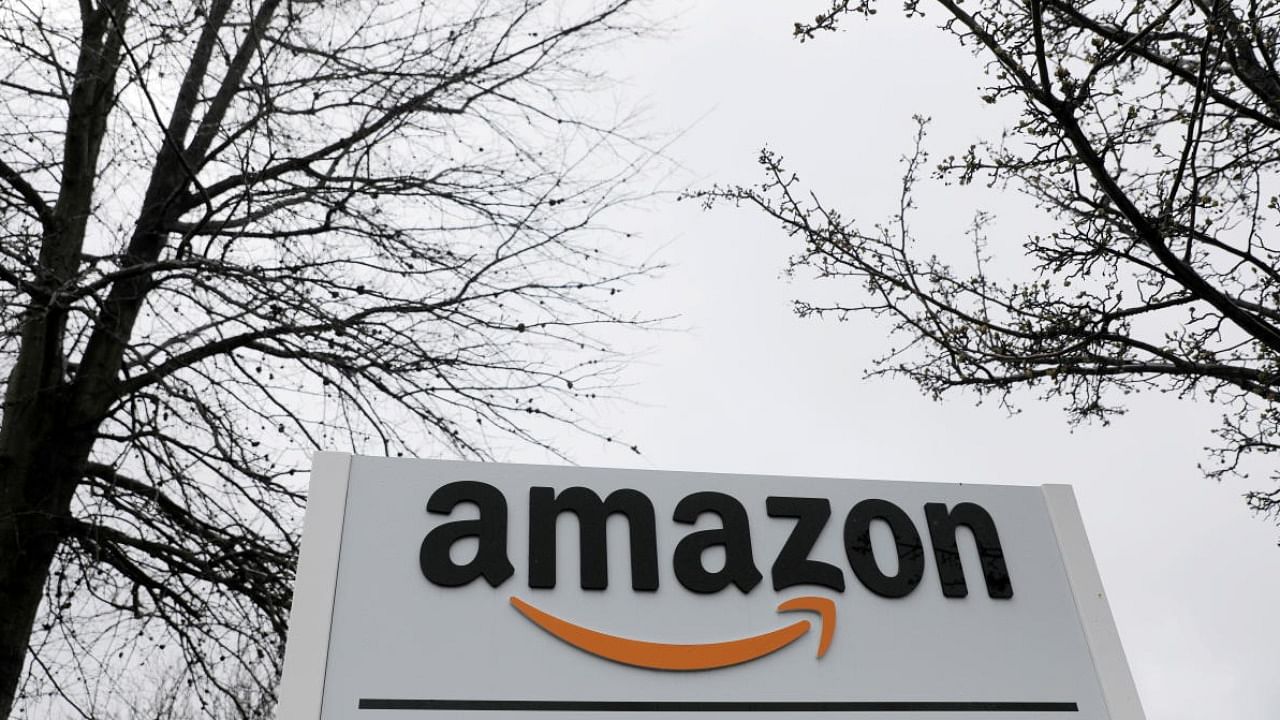
Amazon scored a major legal victory on Wednesday when an EU court annulled an order from the bloc's powerful antitrust authority that Luxembourg recoup 250 million euros ($295 million) in back taxes.
The European Commission in 2017 accused Luxembourg of handing tax privileges to the internet retail giant that amounted to illegal state aid.
But the EU General Court found "no selective advantage" had been given to the firm by the small EU Duchy, a statement said.
The setback for the EU lands less than a year after iPhone maker Apple spectacularly won its appeal in the same court against the European Commission's blockbuster order in 2016 that Apple repay Ireland 13 billion euros.
French energy giant Engie meanwhile lost its appeal on Wednesday in the same court against a similar EU order to repay Luxembourg 120 million euros in taxes.
In that case, the EU's General Court said the commission did demonstrate a tax advantage by Luxembourg to the company.
The cases came in the wake of the 2014 LuxLeaks revelations that unearthed secret deals between Luxembourg and hundreds of companies guaranteeing super low tax bills.
In the Amazon case, in 2017 Europe's competition chief Margrethe Vestager Luxembourg of an illegal deal with the internet giant to pay less tax than other businesses.
In a statement, Amazon said "we welcome the Court's decision, which is in line with our long-standing position that we followed all applicable laws and that Amazon received no special treatment".
At the heart of the case was a violation of the so-called "arm's length principle", which for tax purposes is meant to ensure that transactions between subsidiaries are based on prices other companies would pay.
The court said that the EU's methods for calculating the advantage was "based on an analysis which is incorrect in several respects," the statement said.
The European Commission was not immediately available for comment, but it has previously said that win or lose its cases have had a positive effect, with international efforts currently under way to close tax loopholes.
In recent weeks, the United States has embraced the idea of a global minimum corporate tax that would make special deals offered to multinationals a thing of the past.
Talks are ongoing at the OECD to decide on the minimum tax that if confirmed would likely see higher taxes for US tech giants and other multinationals.
The EU has had trouble defending those decisions, losing against Apple, but also in its case against Starbucks.
The commission appealed the EU General Court's decision in the Apple case, which will now go to the EU's highest body, the European Court of Justice.
The lower court similarly struck down an order by Brussels that Starbucks pay 30 million euros in back taxes in the Netherlands, but upheld a decision against Fiat in Luxembourg.